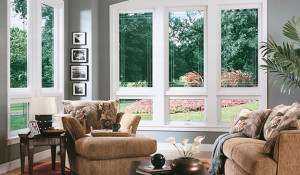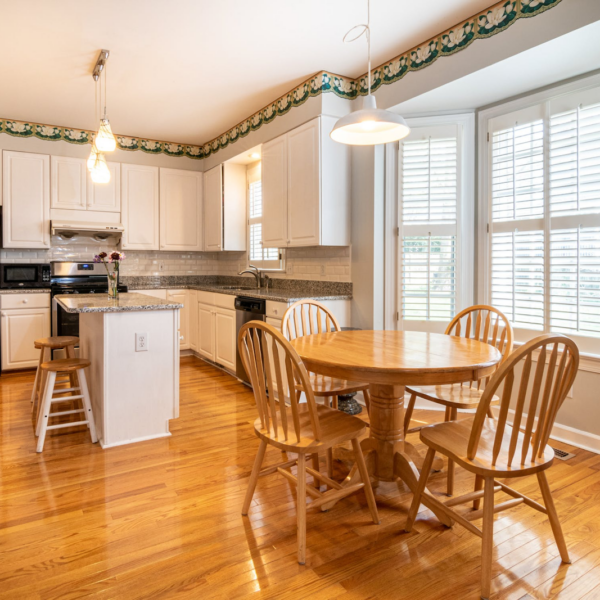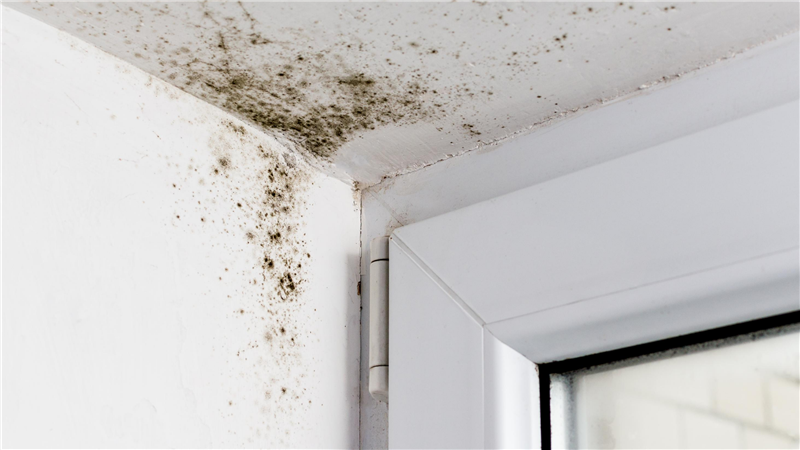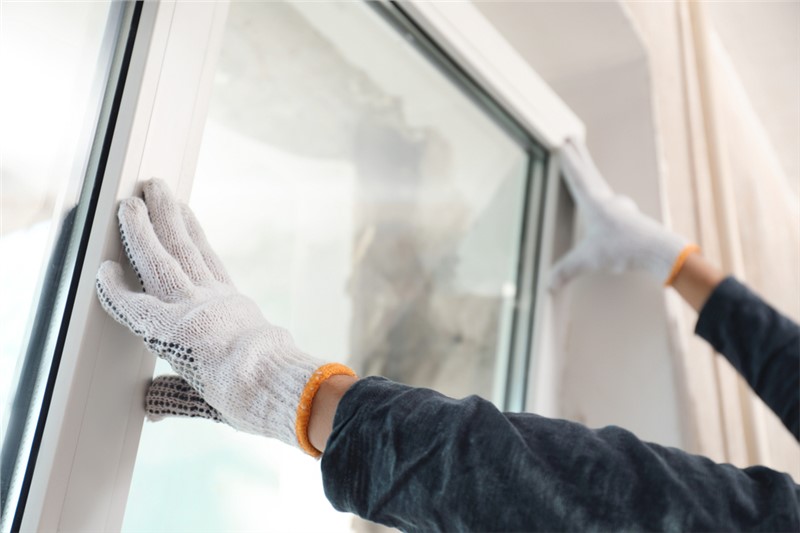
Replacing your windows provides an opportunity for you to consciously select what materials you wish to use. Different materials have various advantages and disadvantages. In order to make the best choice, you will need to consider what types of materials are available.
Aluminum
This material has several advantages. Aluminum is a very strong while being extremely light. Aluminum frames also require little to no maintenance on your part. For those who don’t have a lot of time and energy to maintain their windows, this can be a huge advantage. In addition, these frames are very easily customized so you can get something to meet your specific needs. However, aluminum comes with a few disadvantages as well.
The thermal resistance of aluminum window frames is very low. This means that this window will conduct, or transfer heat at a fast pace. The result is that aluminum windows serve as a poor insulating material. Some aluminum windows come with what is called a thermal break. This is a simple strip of plastic which sits between the inside and outside portions of the window and helps reduce the heat transfer.
Wood
Wood frames offer fairly good performance in terms of insulation. However, this material comes with several large disadvantages.
Wood is generally very sensitive to temperature changes. This means that the stability of the frame is compromised as the material swells and contracts according to the weather conditions. In addition, wood requires a fair amount of maintenance. There are methods to reduce the amount of maintenance required. By applying aluminum or vinyl cladding, you can decrease the time and energy dedicated to maintaining wood frames. Typical maintenance involves painting the frames on a regular basis.
Composite
Composite frames are composed of a type of wood product constructed from various types of wood. These types of frames often come in particleboard or laminated strand lumber. One advantage to these frames is their stability. They will remain stable over time while remaining fairly resistant to both moisture and decay. Composite frames actually have a higher thermal resistance than wood frames.
Fiberglass
The main advantage of fiberglass frames is their thermal resistance. This type of frame has internal air pockets built into the frame. These pockets are then filled in with insulation. This means that fiberglass frames offer better energy efficiency than both wood and un-insulated vinyl. In addition, they can be painted a different color should the homeowner choose. Other materials such as vinyl do not easily allow for these types of modifications.
When fiberglass first came onto the replacement window market, there was some concern over the strength and temperature resistance characteristics; however, over time these worries have dissipated. Unfortunately, this material is still relatively expensive and is not always easily obtained.
Vinyl
Vinyl frames are specifically designed to be resistant to sunlight. This means that despite extensive exposure to the sun, the vinyl will not begin to break down. This is an advantage because it increases the stability of the frame. Typically vinyl frames do not require any special paint work. They are also very moisture resistant which means they will last longer. Similar to fiberglass frames, these have air pockets inside which may be filled with insulation. If insulated, the frame will be more energy efficient.
The main disadvantage of vinyl is the lack of color selection. One of the reasons for this is the concern over fading. The nature of this material is to change in color over time, so additional complications of color are typically avoided by manufacturers.
Related Resources
- How to Obtain Tax Credits for Energy Efficient Windows
- Where Can I Buy Windows for my Home?
- How Much Do New Windows Cost?
- How to Choose the Best Windows for Your Home
- How Much Do New Windows Add to the Value of a Home?
- Do My Windows Need to be Replaced?
- What to Look for When Replacing Windows in Your Home
- What Window Sizes are Right for Your Home?
- The Benefits of Energy Efficient Windows







